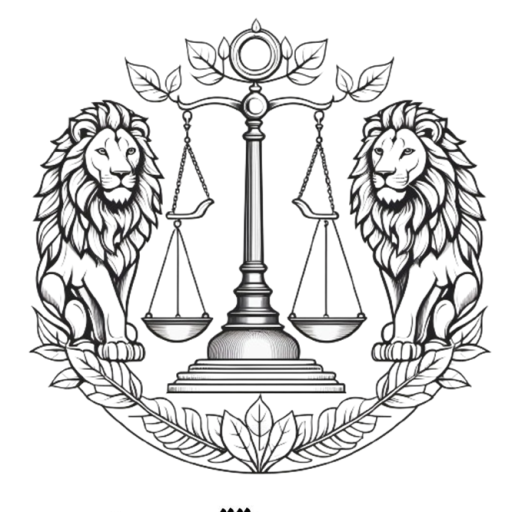Amirali R. Davoudpour
Iranian Canon of Medicine and Law, Administrative Wing of Law and Healing Association, Iranian Watchdog of Medicine and Law, Tehran-Iran
Email of the corresponding author: davoudpour@canmedlaw.org
Accepted and published August, 2024, DOI: https://doi.org/10.5281/zenodo.13324799
This article is published under CC BY creative common license that Allows others to distribute, remix, adapt, and build upon the work, even commercially, as long as they credit the original creator.
Abstract:
This article explores the inefficacies of the judicial and governance systems in Iran, as evidenced by a recent data leak by the “Adalat Ali” group. The leaked database from the Tehran Judiciary, covering a period of approximately ten to twelve years, reveals that nearly 40% of Tehran’s population is involved in legal cases, a staggering figure for a population of approximately 8.7 million. This data highlights the failure of the Islamic Republic of Iran in controlling crime despite rigorous law enforcement and administrative restrictions. The article further discusses the societal impacts of these failings, including the marginalization of the youth, the encouragement of illegal behaviors due to administrative restrictions, and the broader societal ramifications such as economic and cultural migration.
Keywords: Iran, Judiciary, Data leak, Crime, Governance, Migration, Social impact, Edalat Ali
